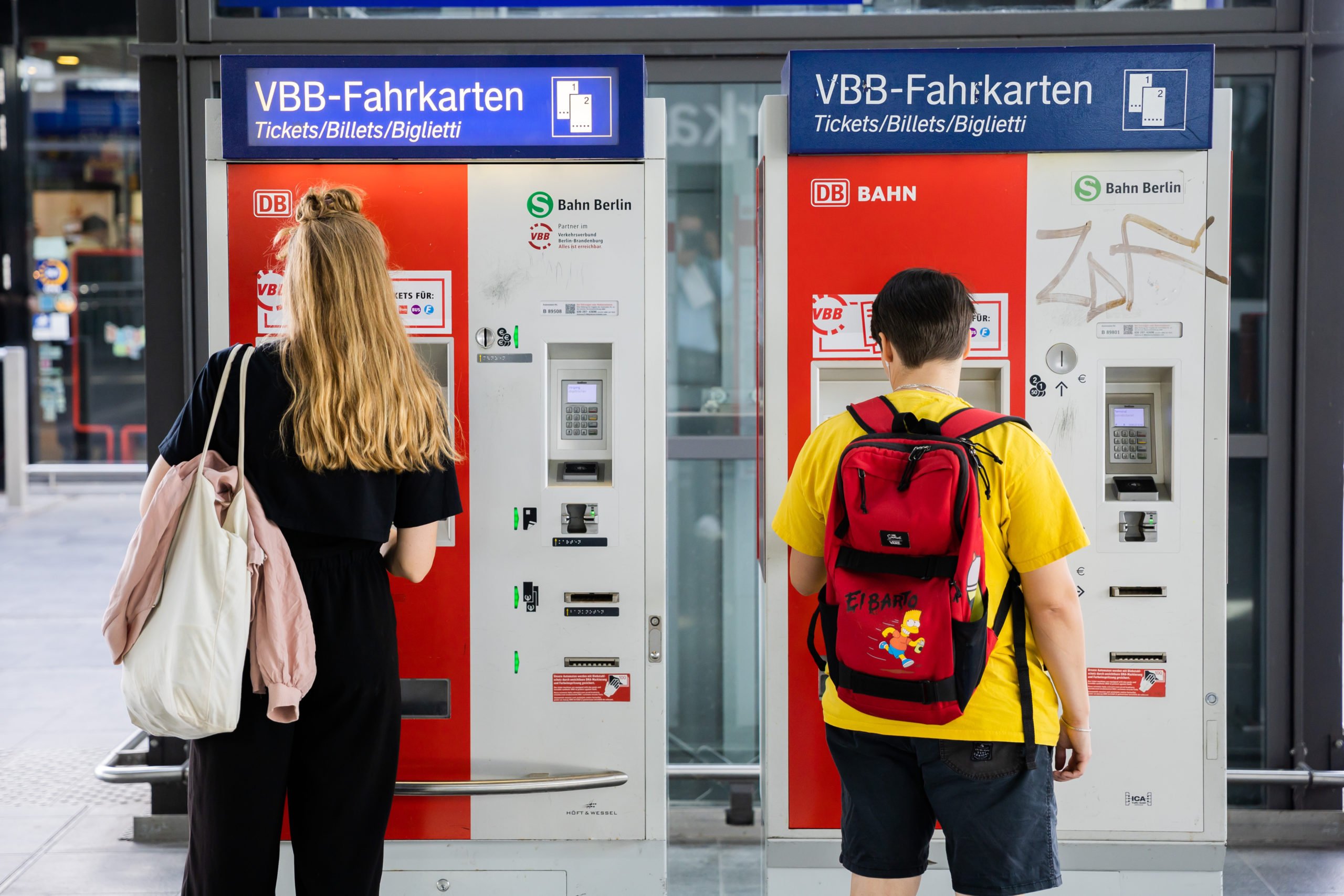Wednesday night’s summer solstice was marked by a biblical downpour as parts of the country were hit with over 40 litres of rainwater per square metre in a period of 24 hours, the German Weather Service (DWD) reported on Thursday.
One man drowned in Lower Bavaria after trying to use stones to divert flood waters threatening to overwhelm a fish pond in Kollersberg near Passau. His family lost sight of the 84-year old grandfather while absorbed in their task – his body was later found in the pond.
Extreme weather earlier in the week caused considerable damage, with hail stones the size of chicken eggs hitting the island of Rügen on Monday evening, ruining hundreds of hectares of crops and damaging around 350 cars.
Meanwhile, organisers of Berlin’s annual Fête de la Musique outdoor music festival were on Thursday lunchtime desperately hoping things would brighten up before the evening.
The festival, with 78 concerts planned at open air venues and hundreds of performances on street corners and parks has only been rained off once before in 2007.
Click here for The Local’s weather forecast
Organisers admit temperatures below 20° C and constant rain have been known to dampen attendance at the outdoor stages in the past.
“But I’m optimistic that this afternoon it will stop raining,” festival spokeswoman Ines Schilgen told The Local on Thursday morning.
“June in Berlin is like April – you never know. Sunshine in your heart and suitable clothes should make it bearable.”
Whilst Berlin music lovers cross their fingers and dig out wet weather gear, the DWD says parts of the south should see another bout of impressive Donner, Blitzen, heavy rain and hail on Thursday afternoon.
The unsettled weather looks set to continue over the weekend and into next week with only brief sunny spells breaking through showers and thunderstorms.
DADP/The Local/jlb





 Please whitelist us to continue reading.
Please whitelist us to continue reading.
Member comments